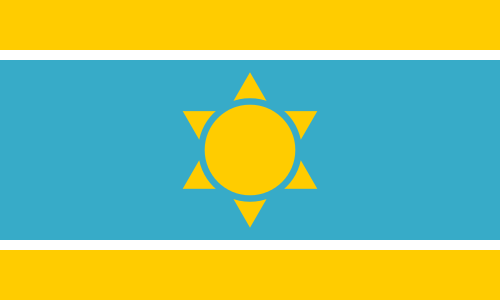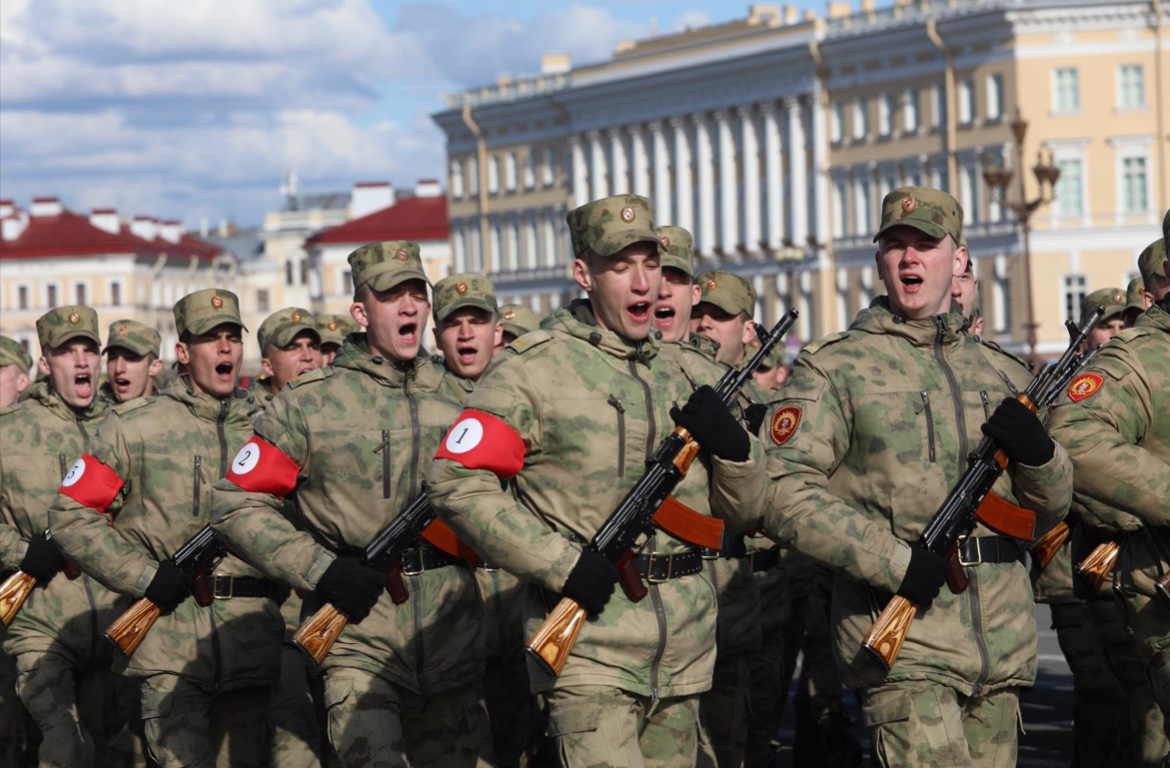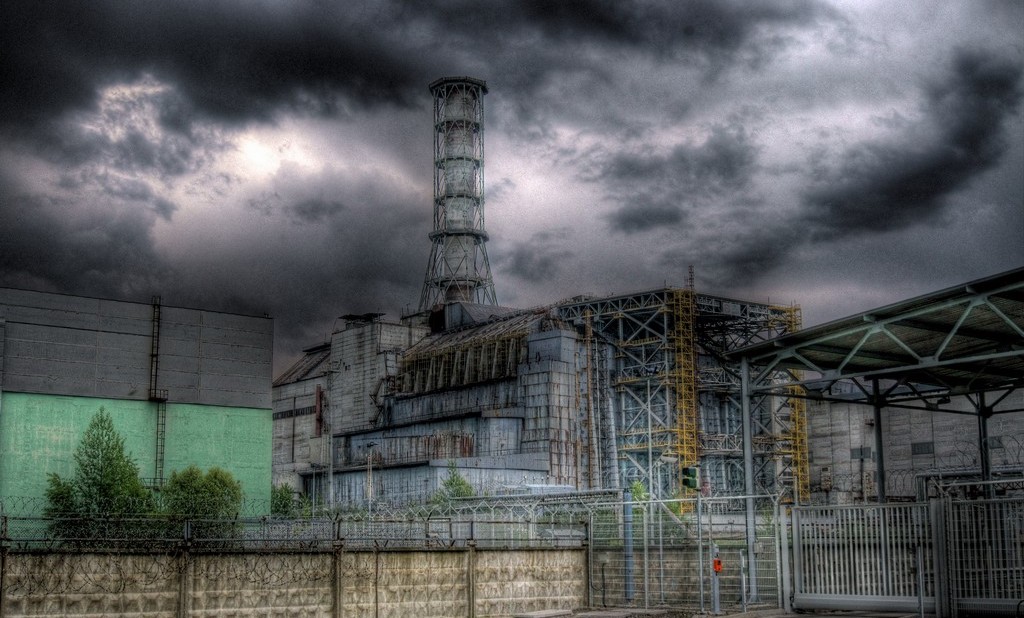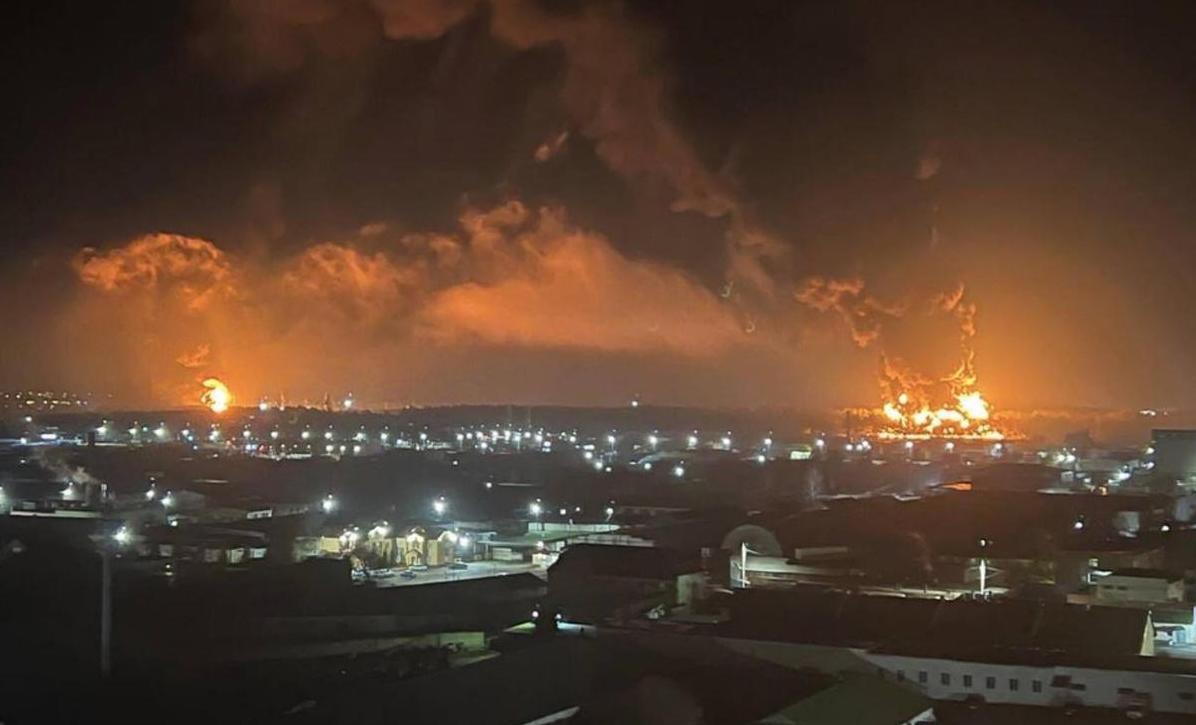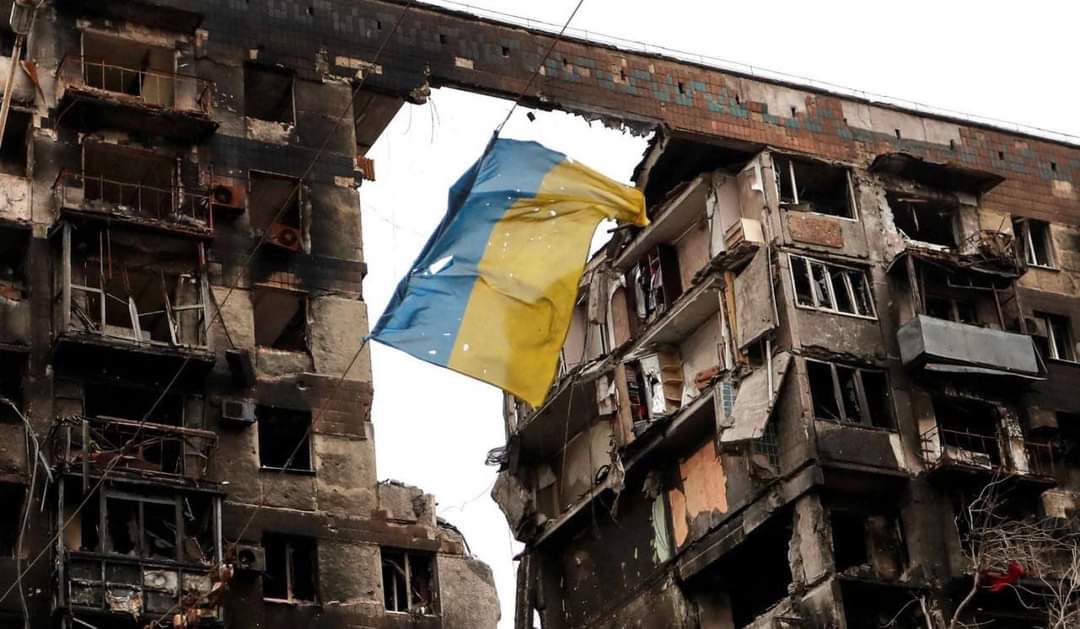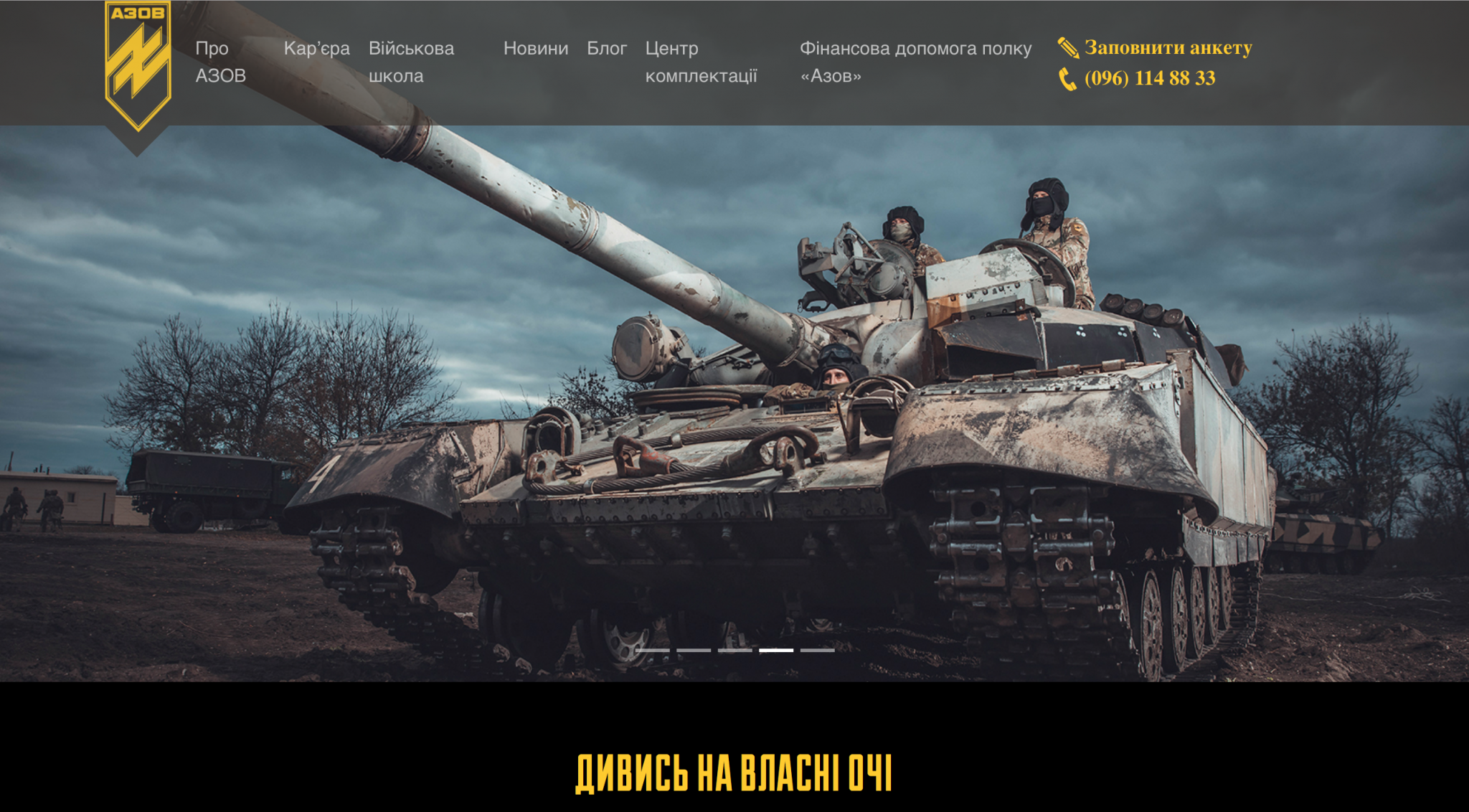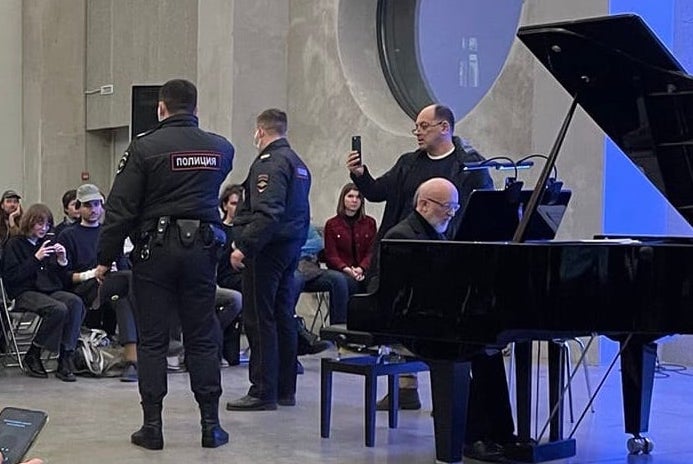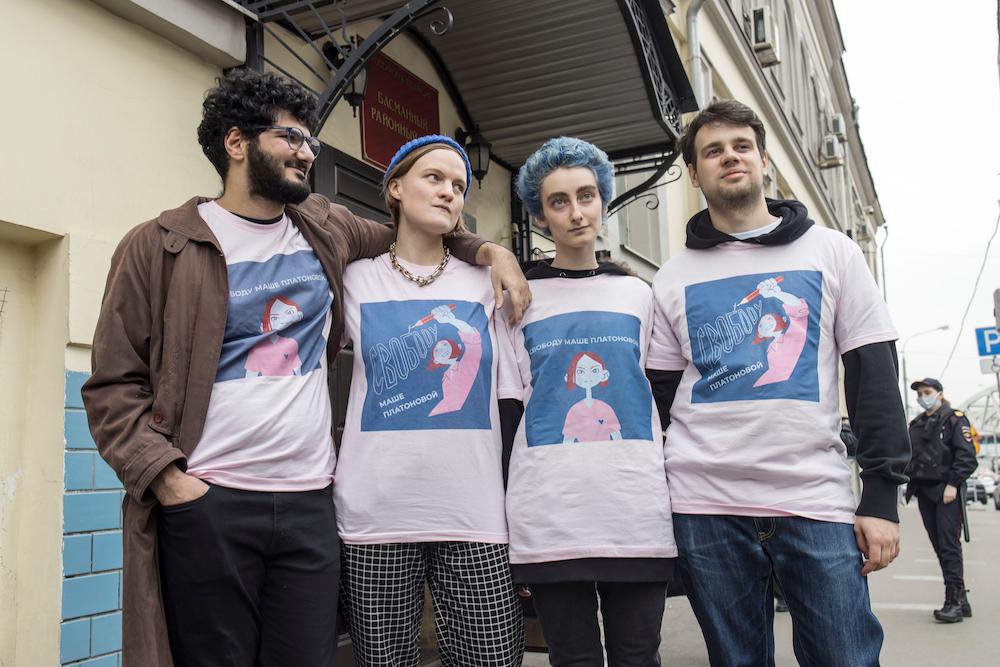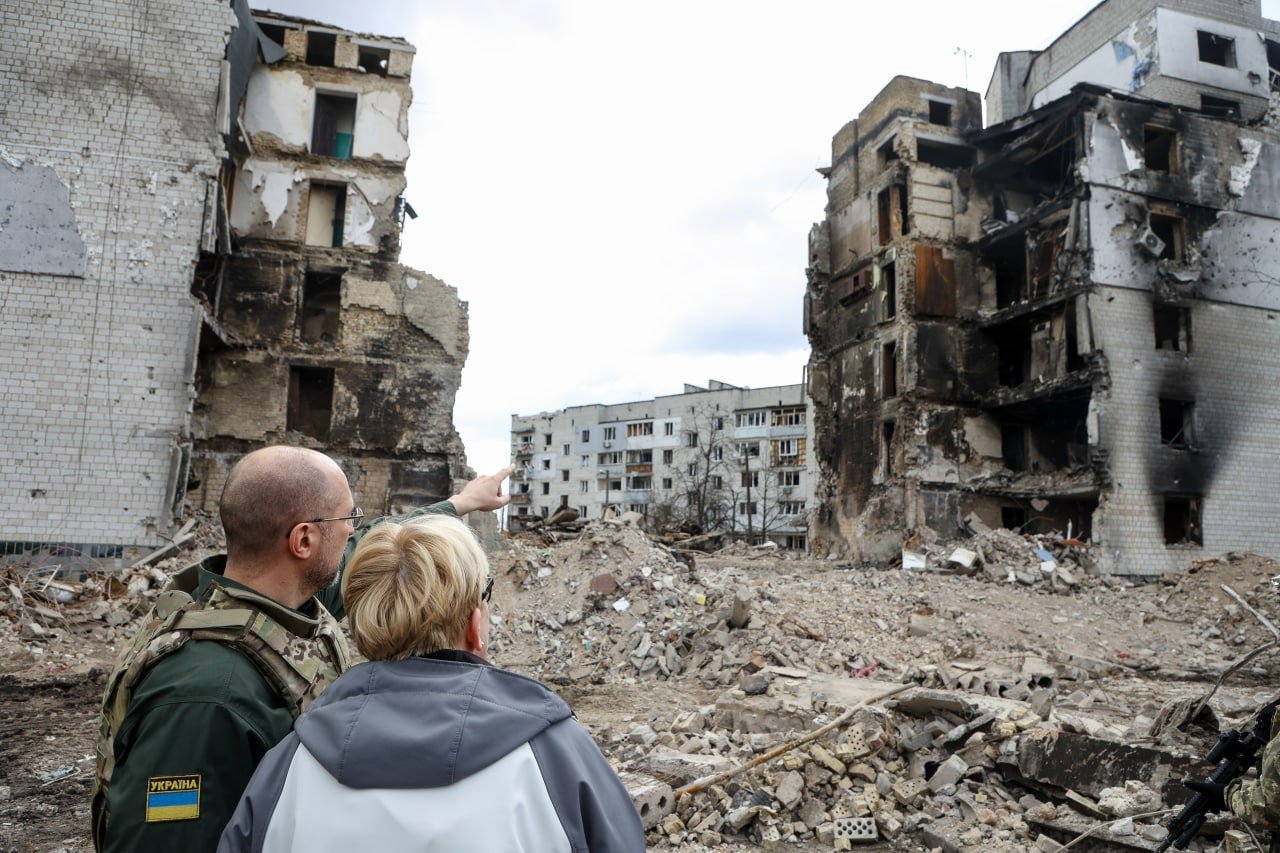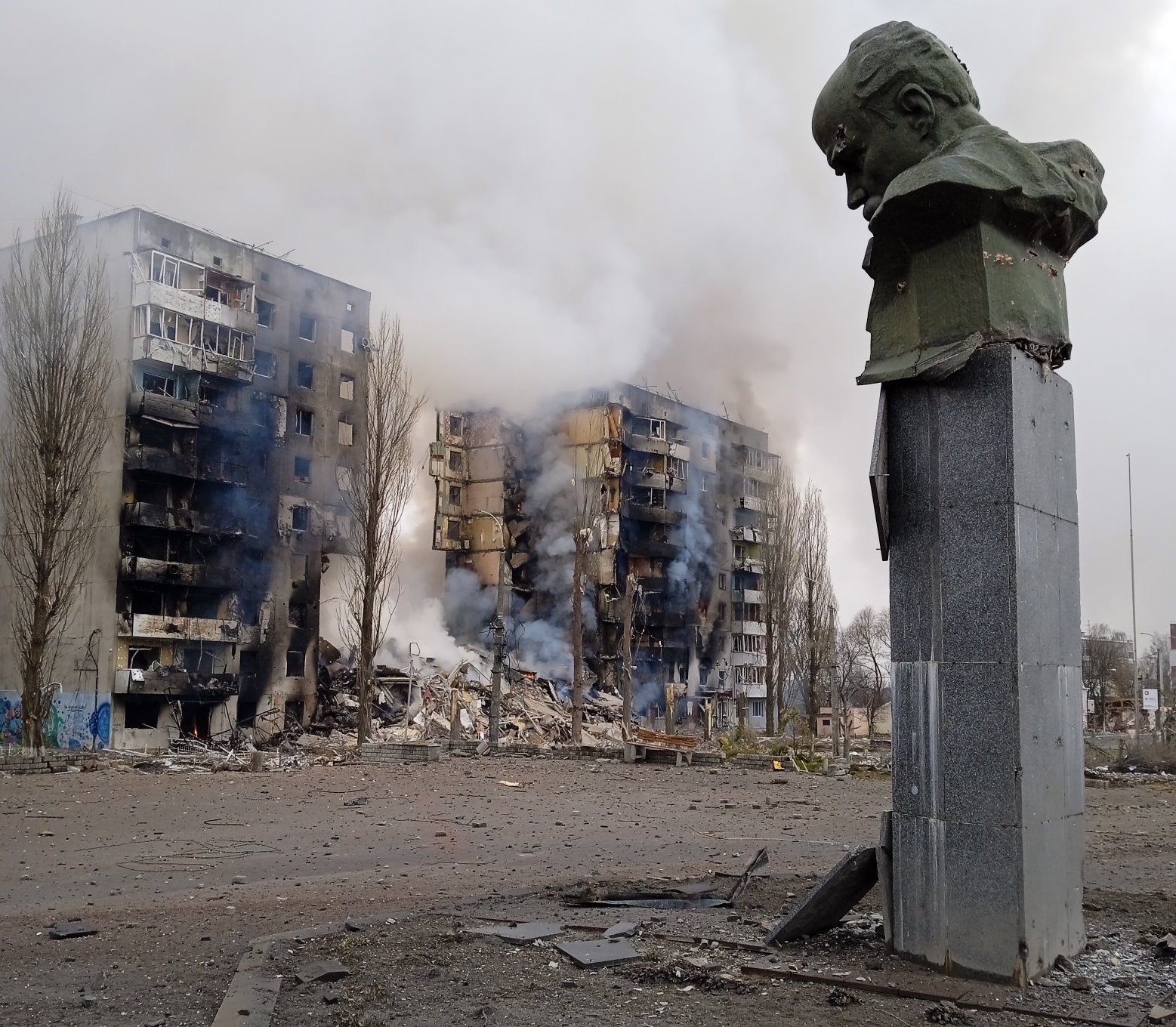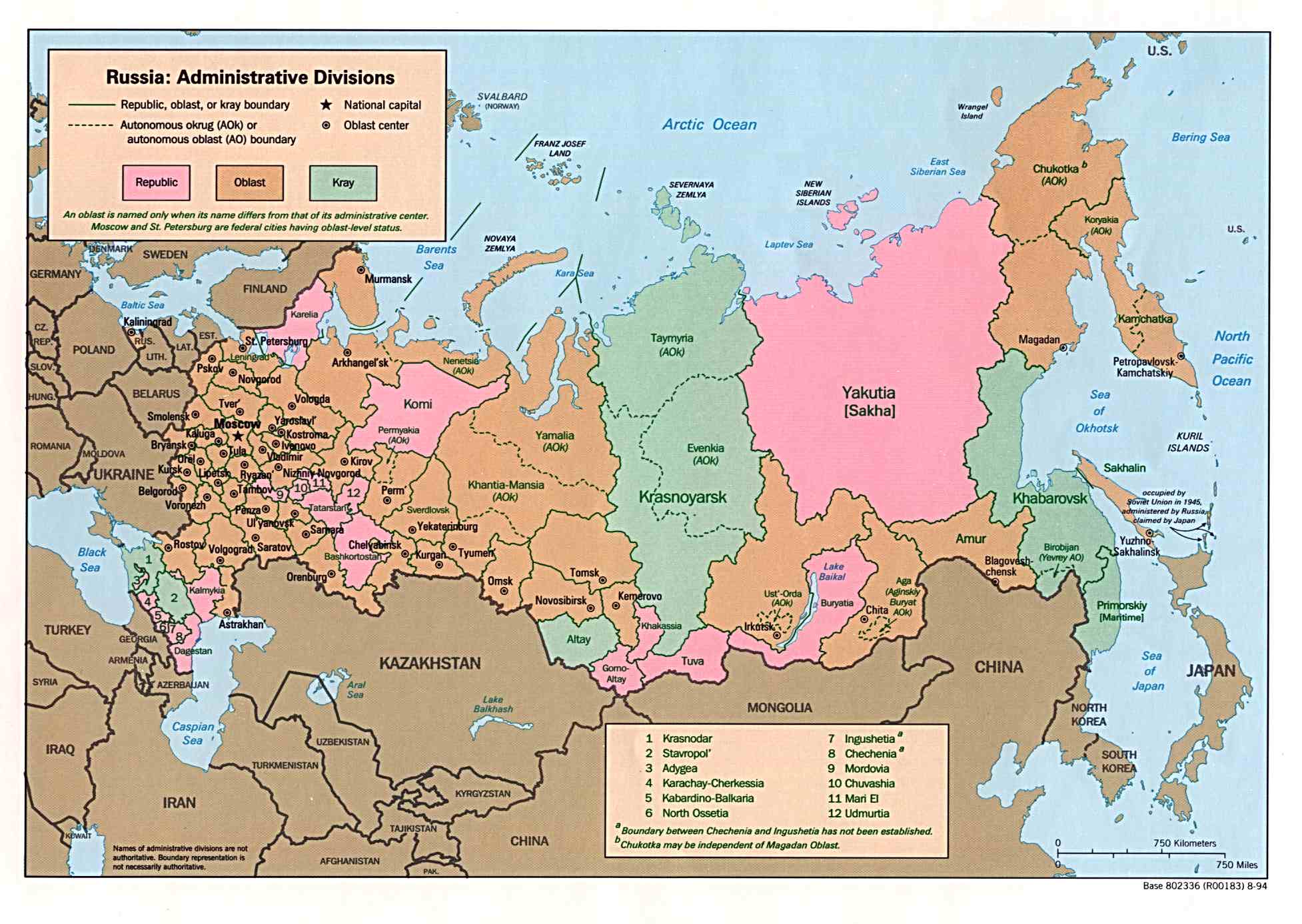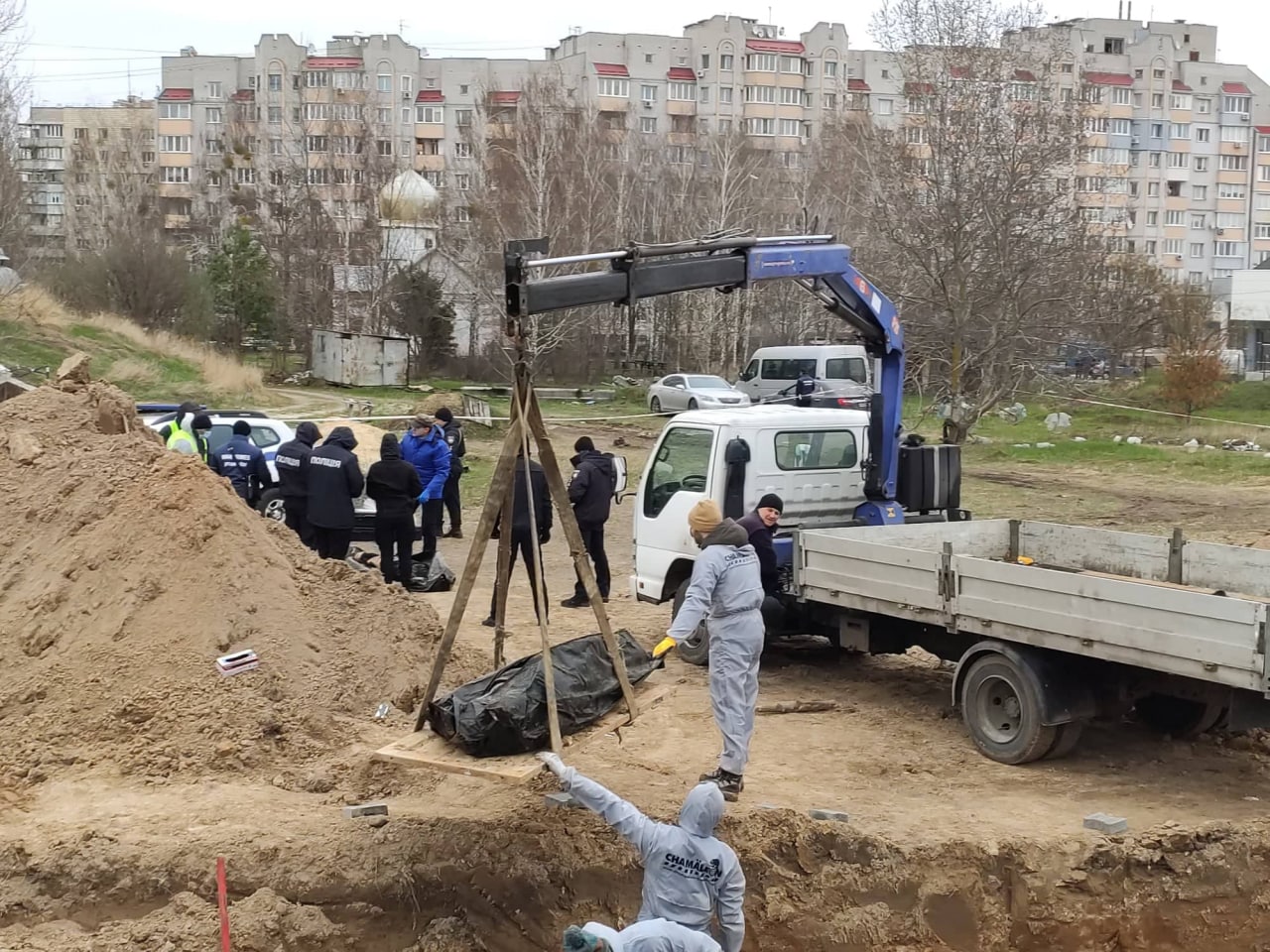
Ukraine preparing multiple war crime cases
Ukrainian prosecutor general Iryna Venediktova announced that her office is preparing war crimes cases against 41 suspects, on charges including “the bombing of civilian infrastructure, the killing of civilians, rape and looting.” Venediktova said her office is investigating more than 10,700 potential war crimes involving more than 600 suspects. The first war crime trial since the start of the invasion has opened in Kyiv. The suspect is a Russian soldier accused of killing an elderly Ukrainian civilian riding his bicycle in the northeastern village of Chupakhivka. He has been charged with both international war crimes and with premeditated murder under Ukraine’s penal code. The Ministry of Defense has identified 10 other Russian soldiers who may be charged for mass killings in the city of Bucha. (Photo: Vigilant News via Twitter)



